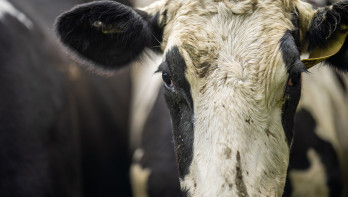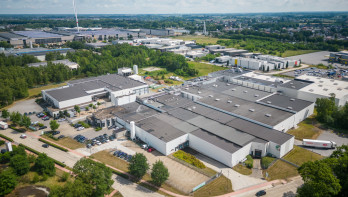News Dairy
Dutch market leader goat milk drops guaranteed price
Holland Geiten Melk (HGM), market leader for goat milk in the Netherlands and part of Ausnutria, is changing its milk price policy. The company no longer promises to always pay 0.4 cents per kilo more than the highest payer and has asked suppliers to agree to new contract terms, including an A and a B price.
In terms of content, HGM does not want to discuss the contracts, but HGM confirms that the milk price system has changed. "With this change, Ausnutria and HGM, together with its suppliers, aim to work towards a healthy balance between market and milk price. Restoring this balance is necessary to anticipate market developments and thus better align the supply and demand of goat milk for the future," the response reads.
HGM suppliers had until last week to agree to the new contract terms. Those who did not agree will have to find a new buyer. It is expected that the new terms will lead to shifting relationships in the goat milk sector. In the Dutch goat dairy sector, several companies are active, but the industry is dominated by 4 players. The largest is Ausnutria (and Yili), including HGM and Amalthea. This is followed by Emmi with Bettinehoeve, Eurial subsidiary Capra in Halen, Belgium, and CZ Rouveen with the Nederlandse Geitenhouders Coöperatie (NGC).
Valorization has changed
The background to all the changes is the shifting balance in the valorization of goat milk. For years, infant formula based on goat milk has been responsible for the best returns and the highest milk price. Ausnutria, as a specialist in this infant formula, has been the driving force of the industry. Infant formula is no longer the undisputed best-performing processing option. Cheese is becoming a real alternative again, but at a generally lower price level.


